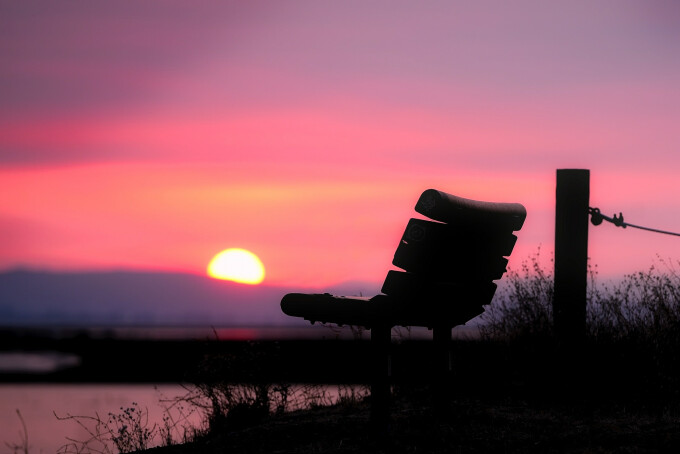Spiritual Rebooting

BY DAN KIEHL, Senior Pastor of Oakwood Presbyterian Church
When personal computers first came on the scene, users argued about whether it was best to shut down your computer every night and start it up again every morning or to leave the computer running continuously. Since there was no clear consensus, I came down firmly on the side of leaving the machine on, figuring that one less switch to turn off and on each day can only be a good thing. However, I soon discovered that, like most everything in the world, computers needed to be shut down once in a while in order to operate effectively. When programs acted like they were trying to compute the square root of the mean of the dimensions of the universe when I asked them to perform a simple function, I knew that it was time to shut it down. After a prolonged period of opening and closing programs, checking e-mail, and surfing the web, the “brain” of my PC became full of both useful and useless information, resulting in sluggish performance and the occasional “locking up”. When the PC was shut down, it purged its memory of all the useless data, stored the important stuff, and then “rebooted” with all the essential software running smoothly.
I am convinced that one of the biggest problems with our lives as twenty-first century disciples of Christ is that we don’t “shut down and reboot” enough. We fill every block in our calendars with work or social activities. We can be reached at any moment by cell phone. Even in our leisure time, we sit with the remote and channel-surf through thousands of messages and images. Our five senses are barraged all day long and we are continually running behind schedule. And then we wonder why we feel so worn out and don’t sense the presence of the Lord in our lives.
Striving to be Christ-like means more than becoming more righteous, humble, and honest. It means reflecting His priorities in life. A casual reading of the four gospels might lead one to think that Jesus’ brief, three-year ministry was a whirlwind of non-stop activity – healing the sick, casting out demons, raising the dead, preaching the Good News. However, Luke tells us that, in the midst of prolonged periods of grueling ministry and teaching, “…Jesus often withdrew to lonely places and prayed.” (Luke 5:16). Some of these “spiritual retreats” occurred just before major events in His ministry – before He chose the twelve apostles; before the Transfiguration; and in Gethsemane, before He went to the cross. It was very important to our Lord that He often shut down the activity of His life and spend time alone with His Father.
There are three elements to a Christ-like spiritual retreat. First of all, Luke says that Jesus “often withdrew”. It is essential that we “get away from it all” on a regular basis – withdrawing from work, family, and social responsibilities in order to focus on God’s “big picture”. Secondly, Luke says that Jesus went to “lonely places”. Whether it was in the mountains or in the desert, the purpose of these locations was to remove all the possible distractions. Finally, the purpose of Christ’s retreats was for Him to pray – a time to immerse Himself in the presence of His Father. Great refreshment waits for the disciple who is willing to reduce all of life to their Bible, prayer, and the presence of God, whether it is for a few hours or for a few days.
Summer and holidays are traditionally times in our culture for people to schedule some “down time”. Unfortunately, we typically fill that “down time” with trips to overcrowded beaches and amusement parks, cross-country jogs to visit family members, or major home-improvement projects. I’d like to challenge you to eliminate some less important activities from your schedule and plan regular times of “withdrawal to lonely places to pray.” Find a “lonely place” in your home and spend at least a half an hour a day in prayer and Bible study. Find a “lonely place” in your community (such as a park) and spend a few hours a week in extended Bible reading and prayer. Find a camp or retreat center in your region where you can spend a few days once or twice a year in prayer, fasting, and searching for God’s presence and guidance. If “spiritual rebooting” was essential to the life and ministry of our Lord Jesus Christ, then who are we to consider it optional?
